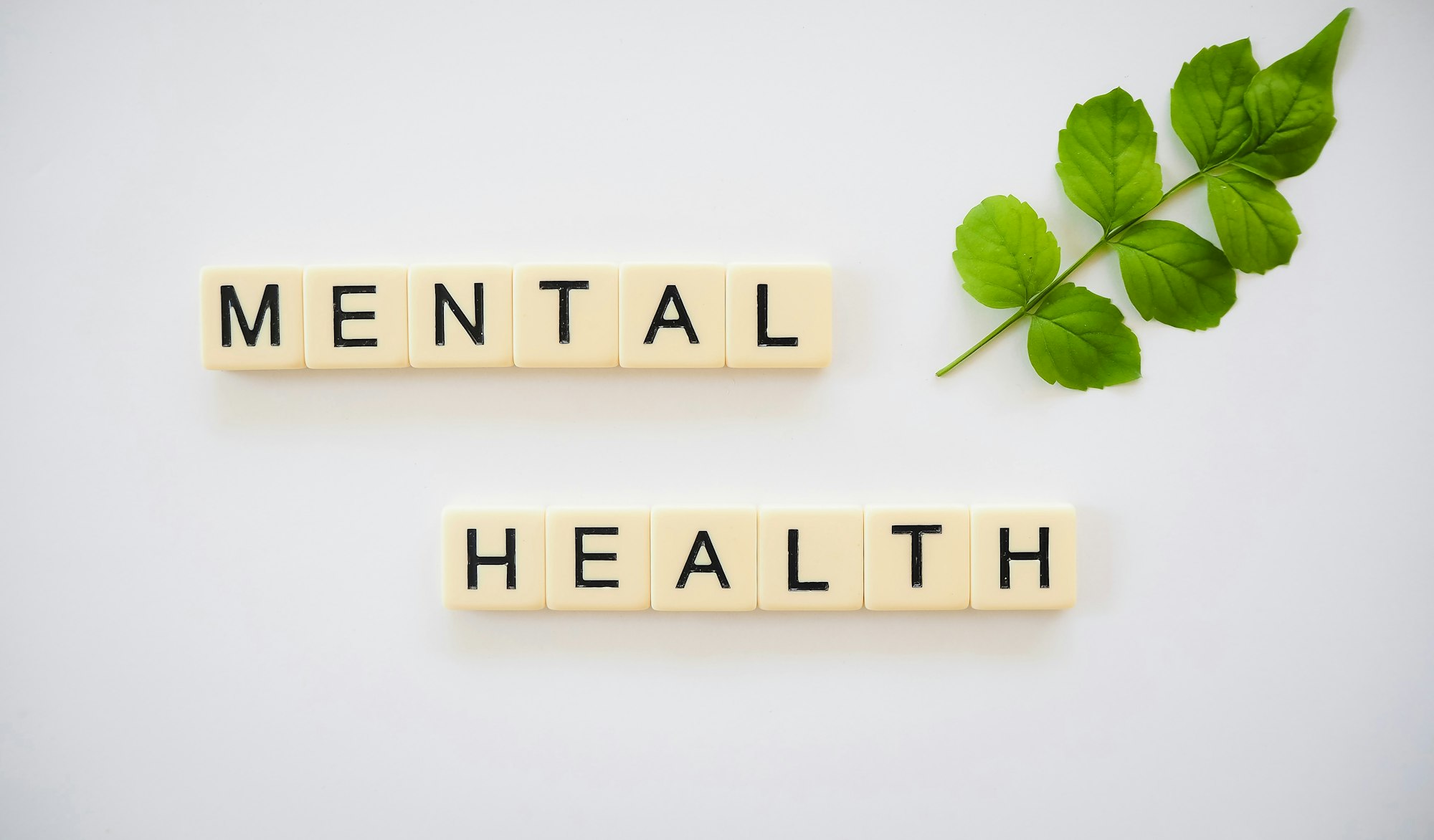Everything about schizophrenia
Schizophrenia is a complicated mental health problem with lots of misconceptions about it. Even mental health professionals don't all agree about it. 1 in every 100 people get this diagnosis at some point in their life.

By: Anju Asokan
What is Schizophrenia?
Schizophrenia is a mental disorder that falls under psychosis. It is a complicated mental disorder in which the patients have an abnormal interpretation of reality. It affects each person differently. The symptoms might start suddenly, or they could develop gradually. The symptoms are often revealed at some time between the age of 18-35.
Signs of schizophrenia
As per Diagnostic Statistical Manual (DSM-5), the abnormalities could be one or more of the following domains: delusions, hallucinations, disorganized thinking (speech), grossly disorganized or abnormal motor behaviour (including catatonia), and negative symptoms. Let us take a look into the definition of each term:
Delusion – Delusions can be defined as fixed beliefs that do not change even when provided with contradicting proof. For example, a belief that you can control the movement of planets; believing that you are the incarnation of some famous personality. Delusions are of different kinds – persecutory delusion, referential delusion, grandiose delusion, erotomanic delusion, nihilistic delusion, and somatic delusion.
Hallucination – Hallucinations are perception-like experiences that occur without an external stimulus (DSM-5). They are not under voluntary control and can be vivid and clear. Though there are different types of hallucinations, auditory hallucination is the most found in patients with schizophrenia. This means that the patients hear voices that are not really in the outside world. Also, they are perceived as being separate from the patient’s mental processes.
Disorganised thinking – It is also known as formal thought disorder. Patients with disorganised thinking may jump from one topic to another during a conversation, or give answers that are completely unrelated to the question, or it could be incomprehensible.
Grossly disorganized or abnormal motor behaviour – This could manifest in various ways. For example, the patient may show reduced reactivity or resistance to instructions. It could range from childish behaviour to unexpected aggression.
Negative symptoms - Negative symptoms refer to an absence or lack of normal mental function involving thinking, behaviour, and perception (webMD,2020). Patients with schizophrenia often show two negative symptoms – avolition (i.e., decrease in the motivation of self-initiated activities) and diminished emotional expression (e.g.: diminished eye contact, emotional expression)
Types of schizophrenia
Paranoid schizophrenia – Paranoid schizophrenia is the most found one. Often, the onset is at a much later stage than earlier. Hallucinations and/or delusions are the symptoms associated with this kind, but the emotions and speech are mostly not affected.
Hebephrenic schizophrenia – This type of schizophrenia is mostly seen among people of the age group 15-25. It is also known as disorganised schizophrenia. Disorganised behaviour and thoughts are the symptoms, which makes it difficult for others to understand them. They may also have short-term hallucinations or delusions. People with this disorder have diminished emotional expression and flat or inappropriate affect.
Catatonic schizophrenia – Rarest form of schizophrenia in which the person would exhibit limited or sudden movements. Such people might show either catatonic excitement (excessive movement) or catatonic stupor (decreased movement).
Undifferentiated schizophrenia – People with this disorder show various symptoms of paranoid, hebephrenic or catatonic schizophrenia, due to which they can not be categorised into any type.
Residual schizophrenia – When a person has a history of psychosis, shows several symptoms of schizophrenia and experience only negative symptoms, he could be diagnosed as having residual schizophrenia.
Simple schizophrenia – It is the type of schizophrenia in which the negative symptoms are prominent while positive symptoms are not experienced.
Diagnosis
According to DSM-5, a person may be diagnosed with schizophrenia if he shows at least two of the main symptoms, i.e, delusion, hallucination, disorganized thinking, grossly disorganized or abnormal motor behaviour, and negative symptoms. Of these, at least one of the symptoms should be disorganised speech, delusion, or hallucination. The diagnosis will also depend on the duration of the symptoms and whether it has interfered with his work/social life or his ability to take care of himself. The symptoms should last for a certain duration of time, say more than one month.
Treatment
Patients with schizophrenia need lifelong treatment, which includes medication, counselling, and social rehabilitation. Proper treatment can reduce the symptoms.
How to help someone with Schizophrenia?
Schizophrenia is a disorder that affects the thoughts and behaviour of a person. As people with schizophrenia do not have awareness or insight regarding their disorder, it is the responsibility of the family or friends to seek help.
It is important to take your loved ones to the doctor at the earliest. Though it can not be cured completely, the disorder can be tamed with the help of proper treatment.
As a caregiver, read more and build your knowledge on the disorder. This will help you to bust the myths around this disorder and to spread awareness.
Do not challenge or argue when they show symptoms like hallucinations or delusions. Yes, it is painful to watch someone you love go through this, but remember that you are there to help them and that it is their disorder that makes them behave like that and that they did not choose it. Challenging or arguing or trying to make them understand will not help them, because delusions are real for them! Also, do not take it personally.
Encourage them to keep up with the treatment. Taking medications properly is extremely important. Provide ample support as they might not be in a state to follow the treatment plan or make appointments.
Last but not the least, remember to take care of yourself. Keep your social life active and do not hesitate to seek help and support when you find it is too much to bear.
References
https://mentalhealth-uk.org/help-and-information/conditions/schizophrenia/types-of-schizophrenia/
